Fires, Storms, and Rules
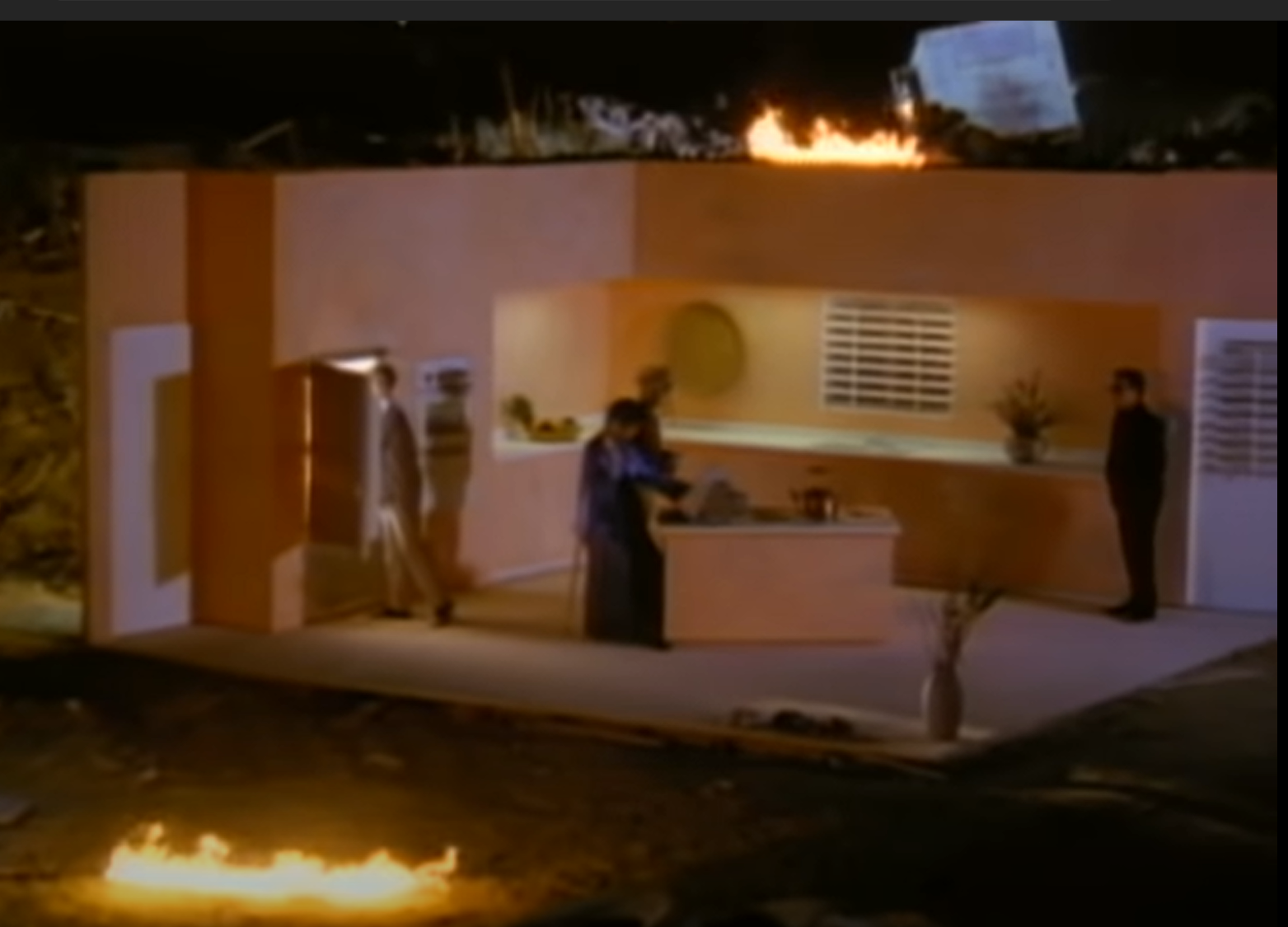
It's time for another visual essay. Below are seven observations about forest fires, tropical storms, and the state of technology regulation. They are disparate, and yet related.
Fires
Observation #1: Alternative facts

Not too long after hearing about fires on the news, a person with a nose for data may want to gain a historical perspective. The rabbit hole you go down will depend on your political tilt.
Both graphs above show the same National Interagency Fire Center (NIFC)'s annual wildland fire data. The graph on the left shows the entire history. Some dismiss this graph because the data before 1983 comes from an unknown source. Others also explain away the sharp decline by pointing out the introduction of the Civilian Conservation Corps in 1933. The graph on the right shows a subset of the data. Those that dismiss this graph obviously take issue with it showing only a subset.
Observation #2: All quiet on the W̶e̶s̶t̶e̶r̶n Eastern front
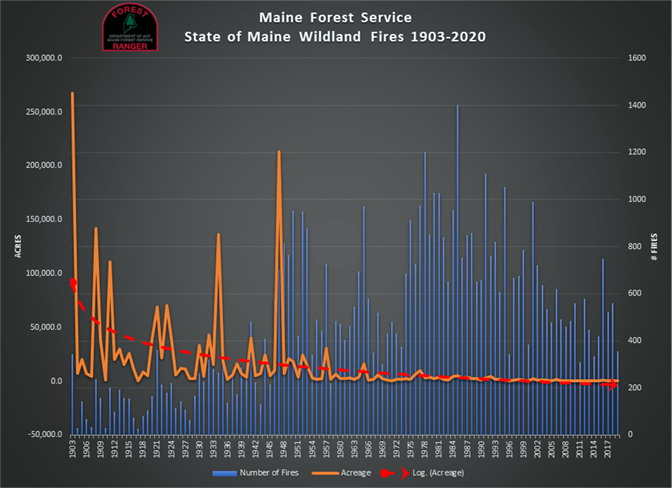
Two things here:
1) Did you know that C̶a̶l̶i̶f̶o̶r̶n̶i̶a Maine is the most forested state in the US?
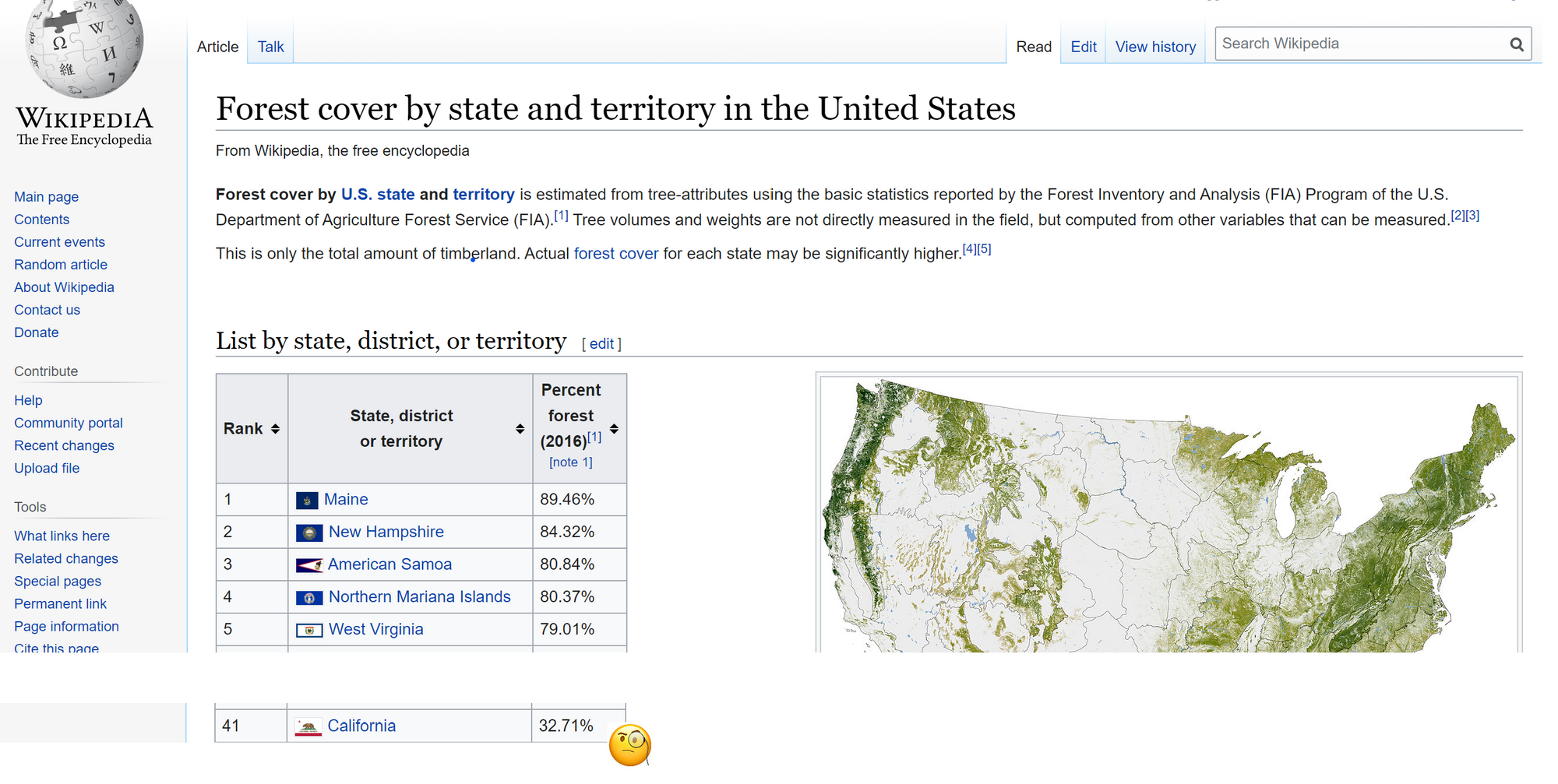
2) The acreage burned in Maine has shrunk to an all-time low.
Why does only the West burn?
Observation #3: We didn't start the fire
True v govt reasons for the fires explained pic.twitter.com/O5JhnVSfeM
— Auren 📚 𝐇𝐨𝐟𝐟𝐦𝐚𝐧 (@auren) September 11, 2020
People naturally need answers when there is chaos. If not for accountability then for at least closure. And the explanation of the forest fires in 2020 is about as clear as the explanation of COVID's origin. But similar to Observation #1, it depends on who you ask.
The real distribution of explanations looks something like this.
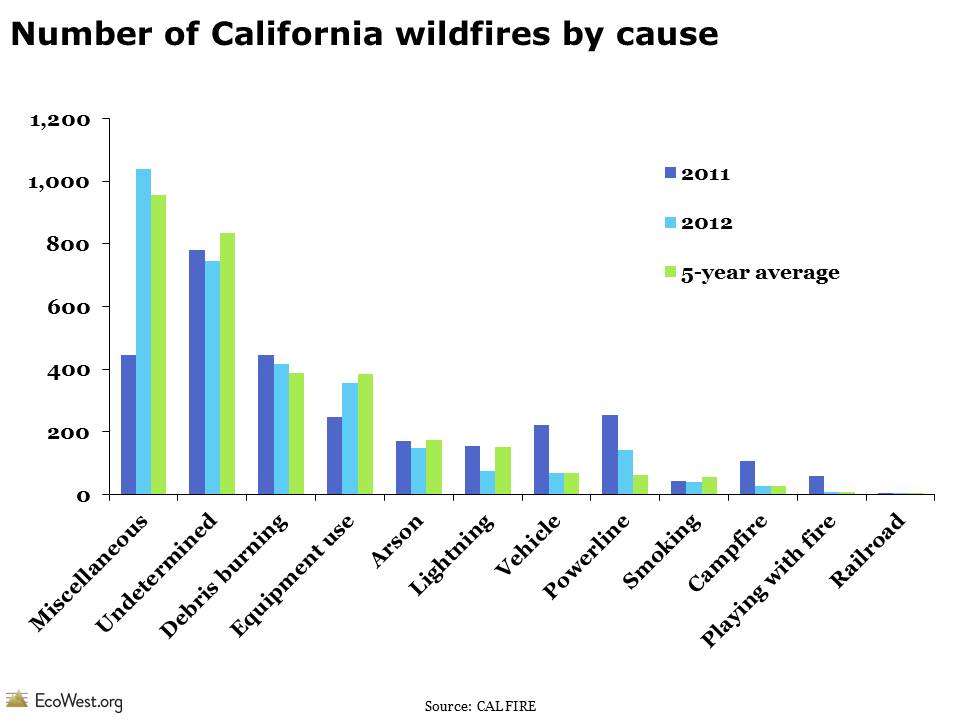
Not too distant from @auren's facetious take.
Storms
Observation #4: Help

We were on letter P of Atlantic tropical storms in August. 2020 has recorded the earliest-observed C, E, F, G, H, I, J, K, L, M, N, O, P, R, and S storms. To put that in perspective, Hurricane Sandy was named on October 22 in 2012.
Observation #5: Rock you like a (Category 1) hurricane
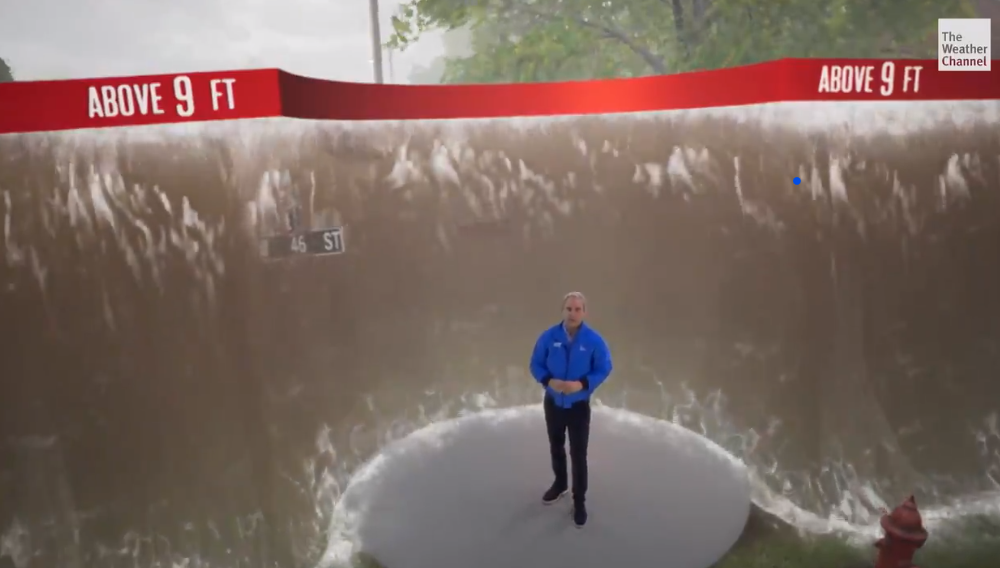
I was surprised with how little television coverage there was in the aftermath of Hurricane Isaias despite shutting down a large portion of New York metropolitan area for almost a week. Isaias became the costliest Category 1 hurricane to ever hit the Atlantic seaboard.
Hurricane Laura, a Category 4 that made landfall a week later. It was well telegraphed and left around $8bn worth of damage. The contrast seemed stark: Laura, was a featured guest at the Republican National Convention; Isaias, blindsided the Northeast as the region seemed disinterested.
Rules
Observation #6: Utilities and social media both suck
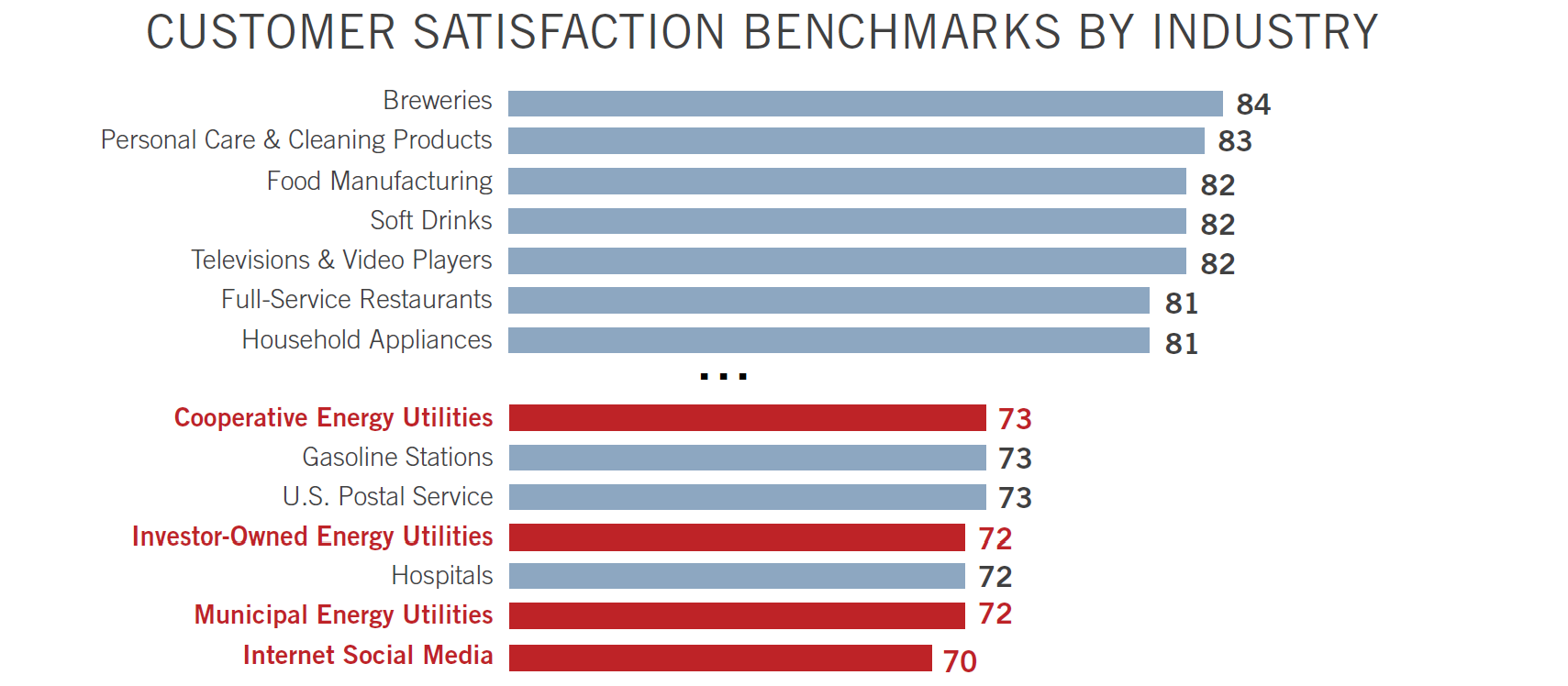
A storm ravaging your town, taking down power lines, and leaving you in the dark is probably a familiar experience for most. Fires offer a similar experience out West. The response to natural disasters is typically slow and the fallout can be painful, as the above graphic suggests. With a spiderweb of national regulations, a libertarian might be quick to point to the problem.
But the public's discontent with social media might come as a surprise given how much time we spend on it (I suppose our lights are always on too...). The biggest complaint according to the ACSI report is privacy. Which brings me to my last observation.
Observation #7: Capitol punishment

The regulation drumbeat is getting louder, and the banging was made clear by one such Congressperson at the late July tech hearing. The main grievances on the R side: censorship and bias. Across the aisle, the beef is a little more comprehensive: antitrust, privacy, and concerns about misinformation. No one epitomizes the sentiment better than the Congressperson in the picture above. R's, D's, and consumers all aligned. Not to mention Europe is licking its chops. Behold the wrath of the Hill.
My hunch

I wasn't particularly interested in making this about climate change, as I have little to offer on the topic. Utilities will remain bystanders as wildfires and storms rage. And government will extract rent from social media rather than scold a utility company for poor corporate governance. Leave the yeoman's work up to the entrepreneur.

